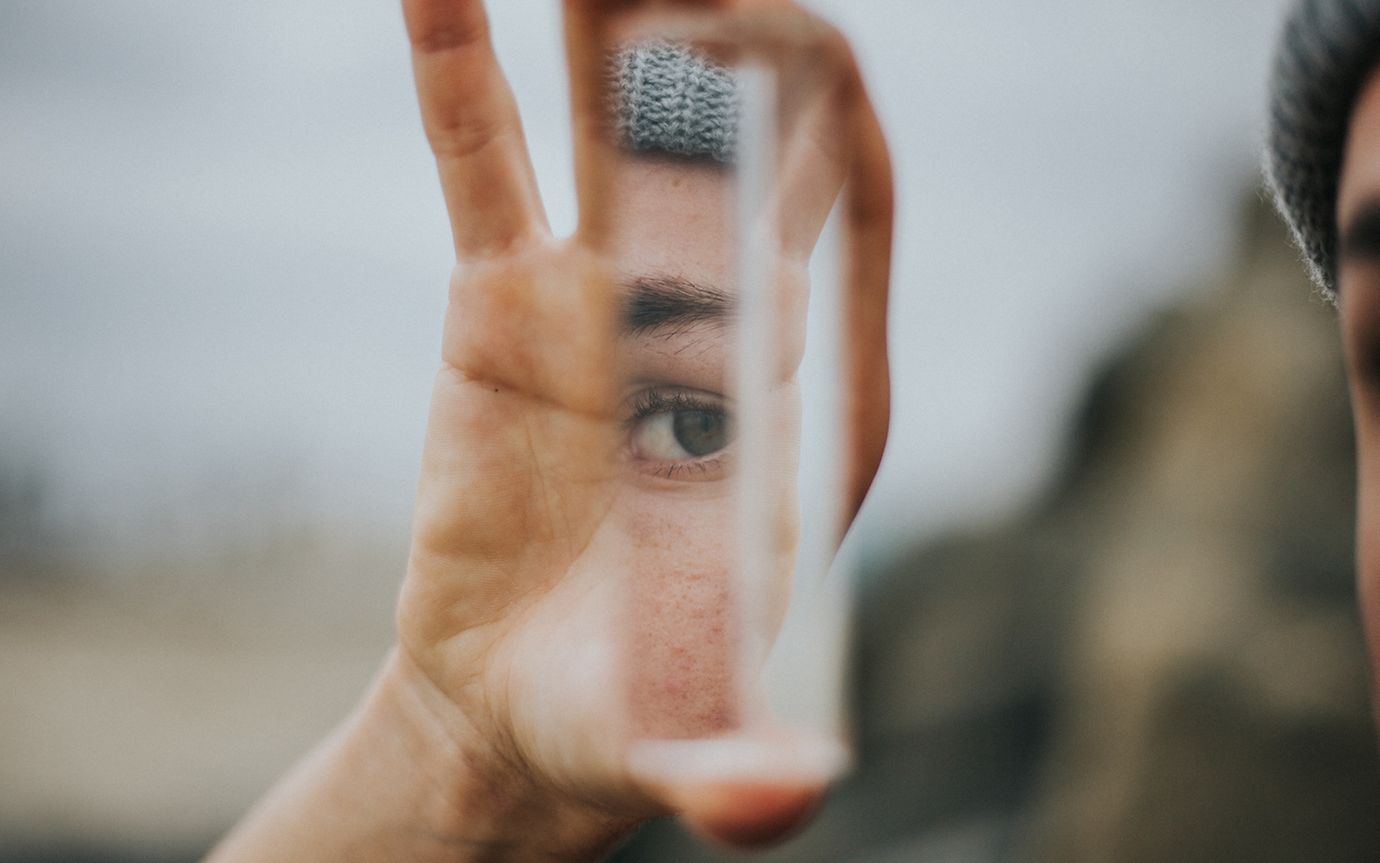在此处更改您的语言和 LGT 位置。
私人客戶的數碼平台
登錄 LGT SmartBanking
金融中介機構的數碼平台
登錄 LGT SmartBanking Pro
解答常見問題 (FAQ)
LGT SmartBanking 幫助
解答常見問題 (FAQ)
LGT SmartBanking Pro 幫助
In 2023, we pursued authenticity in a world increasingly blurred by digital innovation.

It's impossible to sum up a year in a single word. But every twelve months, dictionary publishers gamely give it a try. In the digital era, where most of us search online rather than reach for a physical tome, it's possible for these institutions to gather data on which terms we look at most. For 2023, US dictionary Merriam-Webster declared the word of the year to be "authentic". The word has had a substantial increase in lookups, according to the company.
At a glance, it feels like a humdrum entry. "Authentic" has none of the hair-raising qualities of "permacrisis", which was Collins English Dictionary's word of 2022. Not only was this a pleasing new portmanteau, but after a period of troubling world events, it was useful too. Neither does it have the rousing qualities of Cambridge Dictionary's 2021 item, "perseverance", which adroitly epitomised the feeling we had emerging bleary-eyed (but resolute) from the pandemic. "Authenticity" is pretty boring by comparison. But probe deeper, and it's clear that authenticity has taken a bigger share of our consideration in recent months. By some accounts, we care about this quality more, because we see far less of it.
Last month marked a year since OpenAI, the world's newest tech titan, unveiled ChatGPT, and signalled a new age in our relationship with machines. Students used it to ghost-write essays, salespeople switched it on to do cold-emails, and information workers of all stripes turned to the technology for thought-starters and copy writing. This ushered in questions of attribution. Meanwhile, curiosities like Random Face Generator (This Person Does Not Exist), which creates uncannily life-like AI-generated people, shows just how easily we might be duped in the near future.
We've also given more airtime to those who find the resources to communicate authentically. Prince Harry's memoir, "Spare" was a royal tell-all to detractors, but to fans of the Duke of Sussex, it was a daring portrayal of life in the public view. Perhaps the biggest cultural indicator of our lauding authenticity is the inexorable rise of artist Taylor Swift. The country-turned-pop singer has made a career from channelling personal experience and heartbreak into catchy, accessible pop music. But her latest album "Midnights", which features the single "Anti-Hero", is an exposing affair that (in some parts) shows Swift at her most vulnerable. Authenticity seems to resonate: the track broke her record for the longest-running recording on the Top 100.
In the political sphere people are more concerned about authenticity too. A global study by the UN has found that over 85 per cent of people are worried about the impact of online disinformation. An even greater proportion (87 per cent) believe that it's already harmed their country's politics. The organisation has vowed to tackle the problem with a far-reaching initiative. Audrey Azoulay, director general of Unesco, the UN's culture division, said that false information online means "major risks to social cohesion, peace and stability". A dearth of authenticity might pose an existential threat to civilisation.
Here's hoping that in 2024, we don't find ourselves searching for it so often – in life or in dictionaries.